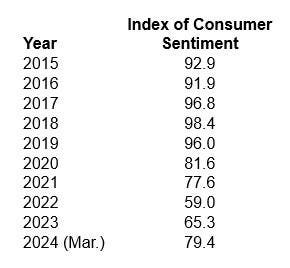In the era of misinformation and fake news, it can be challenging to know who to believe. With the rise of social media and the fast-paced nature of online information sharing, it is easy to be misled by false or misleading information. This begs the question – who should we believe?
One aspect to consider when determining who to believe is the credibility of the source. It is essential to verify the credibility of the information before accepting it as fact. This can be done by checking the reputation of the source, fact-checking the information, and cross-referencing with other reliable sources. By doing so, we can ensure that we are basing our beliefs on accurate and trustworthy information.
Another factor to consider is the motive behind the information being shared. Some sources may have a bias or agenda that influences the information they provide. It is crucial to be aware of these potential biases and motives when evaluating the credibility of a source. By considering the motives behind the information being shared, we can better assess whether or not it is trustworthy.
In addition to considering the credibility and motives of the source, it is important to examine the evidence supporting the information. Claims that are made without evidence should be met with skepticism, as they may not be based on facts. It is essential to look for verifiable evidence to support any claims being made, as this can help determine the accuracy of the information being presented.
Furthermore, it is crucial to engage in critical thinking when assessing information. By questioning and analyzing the information being presented, we can better discern the truth from misinformation. Critical thinking involves evaluating the reliability of the source, the evidence supporting the claims, and the overall validity of the information. By developing critical thinking skills, we can become more discerning consumers of information.
Ultimately, the responsibility lies with each individual to determine who to believe. By actively engaging in fact-checking, verifying sources, and critically analyzing information, we can better navigate the vast amount of information available to us. In a world where misinformation runs rampant, it is more important than ever to be vigilant in evaluating the credibility of the information we encounter. By doing so, we can ensure that we are basing our beliefs on accurate and reliable information.


